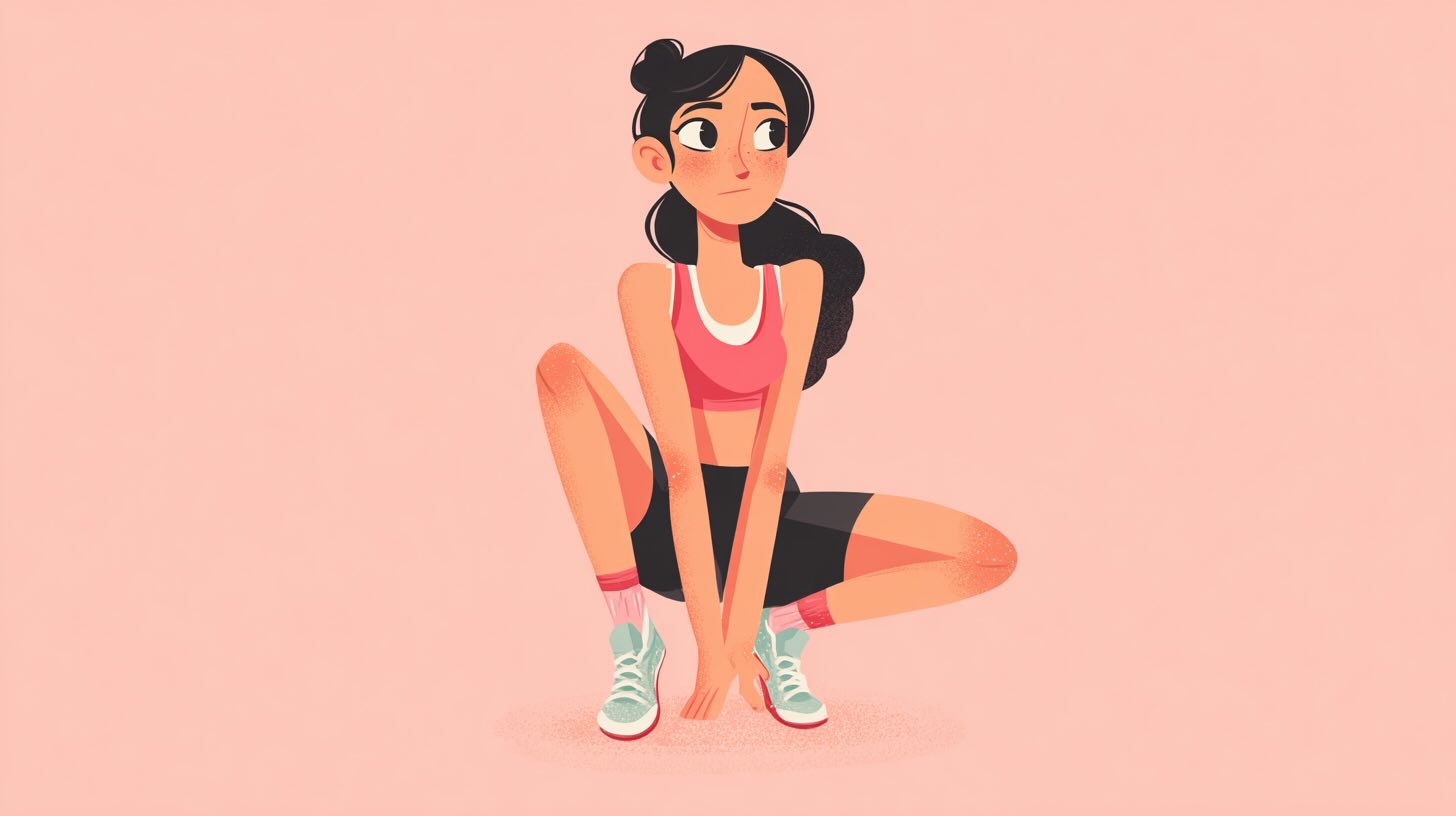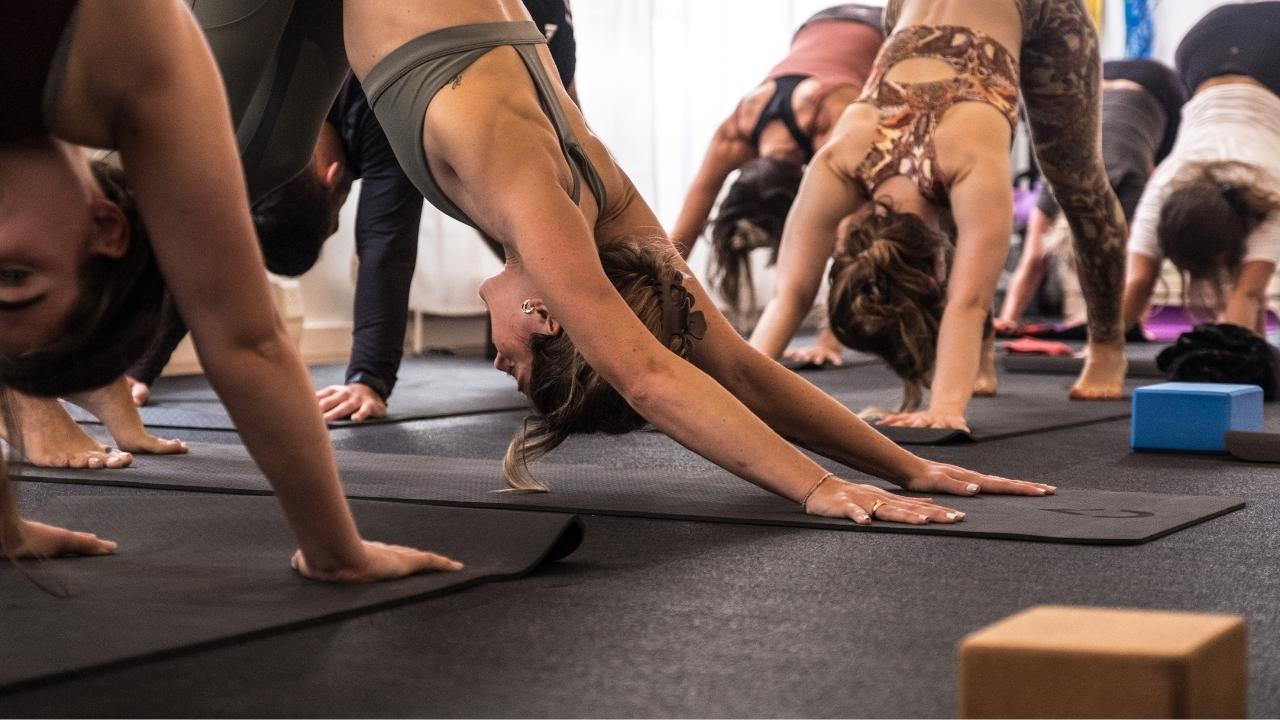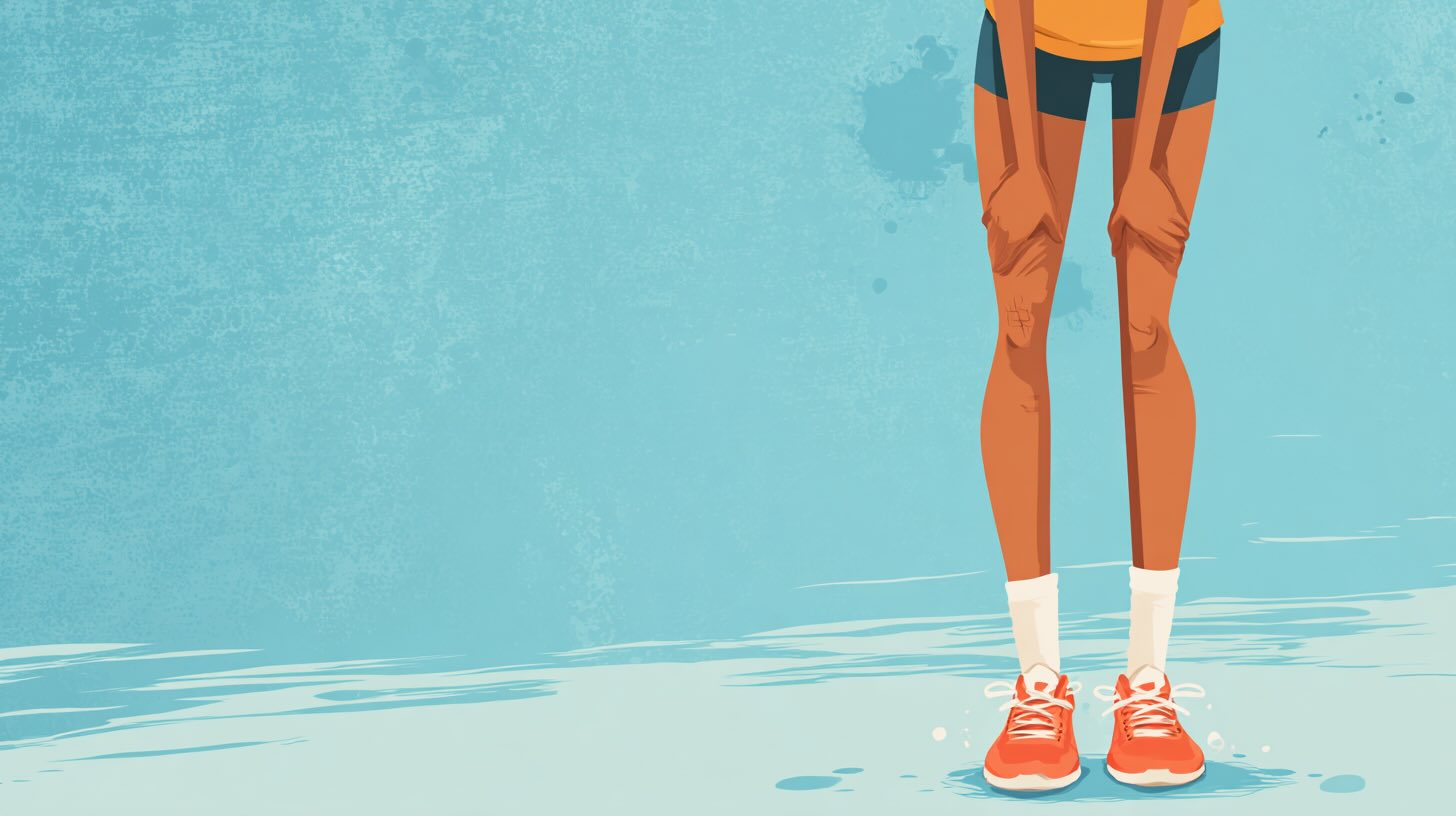August 4
Regular exercise supports a healthy lifestyle, but unexpected problems such as swollen legs can occur.
If your legs are swollen after exercise, you are not alone and there are solutions.
We get to the bottom of the causes of this common problem and give you tips on how you can alleviate your discomfort and enjoy your workout.
1. suddenly swollen legs and feet after sport?
After the Sports Seeing swollen legs can be worrying. This swelling, also known as edema, is often due to temporary water retention. Intense exercise causes micro-damage to the muscles. In response, the body sends blood and fluid to heal the area. This influx can temporarily enlarge the legs or feet. Factors such as heat, prolonged standing or intense workouts can disrupt fluid balance and cause swelling.
Exercise-induced swelling is usually harmless, especially if you are new to exercise or have recently done intense exercise. Hormonal changes, high sodium intake or poor hydration can exacerbate swollen legs after exercise. Strenuous exercise triggers the release of cortisol, which can lead to Water retention leads to swelling. The body's inflammatory reaction to a microstrain of the muscles can also lead to temporary swelling.

2. water or more? The most common causes
Understanding why legs swell after exercise helps with prevention and management. Common causes are:
- Water retentionCortisol release after exercise impairs fluid balance and leads to swelling.
- Electrolyte imbalanceToo little potassium or too much sodium disturb the fluid balance and lead to water retention. A lack of minerals such as iron, magnesium or calcium can lead to tired, heavy legs.
- Insufficient fluid intakeIronically, insufficient fluid intake causes the body to conserve water, which leads to bloating.
- Heat and humidityWarm conditions cause the veins to dilate, which slows blood flow and promotes swelling.
- Poor blood circulationProlonged sitting or standing leads to blood and fluid retention in the legs.
- Being very overweight increases the risk of edema.

Now Fitness group lessons book in Wiedikon & at the airport!
3. what can I do IMMEDIATELY to relieve the swelling?
Swollen legs can be uncomfortable. Quick relief methods include:
- Put your feet upLie down and put your feet up to drain the fluid and reduce the swelling.
- Stay hydratedDrink water to maintain body processes and counteract water retention.
- Contrast showersAlternate hot and cold showers to stimulate circulation. Or even take a Ice bath.
- Gentle massageMassage the legs lightly in the direction of the heart to improve circulation.
- Wear compression stockingsThese improve the blood circulation in your legs.

4. prevention of swollen legs and feet
Prevention is better than cure. You can use these strategies to reduce swelling after exercise:
- Stretching: Warm up and cool down with stretching exercises or Yoga to promote blood circulation.
- Consistent trainingGradually increase the intensity so that your body can adapt.
- Electrolyte balance: Include potassium-rich foods in your Nutrition on.
- Appropriate footwearWear shoes that provide support and cushioning so that you can align yourself properly.
- Days offAllow yourself recovery days to avoid muscle and circulatory strain.
Minimize processed foods that are high in sodium and refined sugar. A diet high in vegetables, whole grains and lean proteins will help prevent bloating.

5 When should I see a doctor if my legs are swollen?
Persistent or worrying swelling is often harmless, but requires a visit to the doctor. Seek help if:
- the swelling is accompanied by pain, redness or warmth.
- you have shortness of breath or chest pain.
- Only one leg swells, which can indicate a serious condition such as deep vein thrombosis.
- The swelling occurs suddenly after a strenuous activity or injury.
Swollen legs after exercise can be frustrating, but if you understand them and take steps to alleviate them, you can increase the comfort and enjoyment of your workout. Listen to your body's signals and remember to consult a professional if necessary. Exercise is not only about physical goals, but also about achieving a sense of well-being. If you can manage post-workout symptoms, you can ensure a fulfilling and enjoyable routine.
tags

